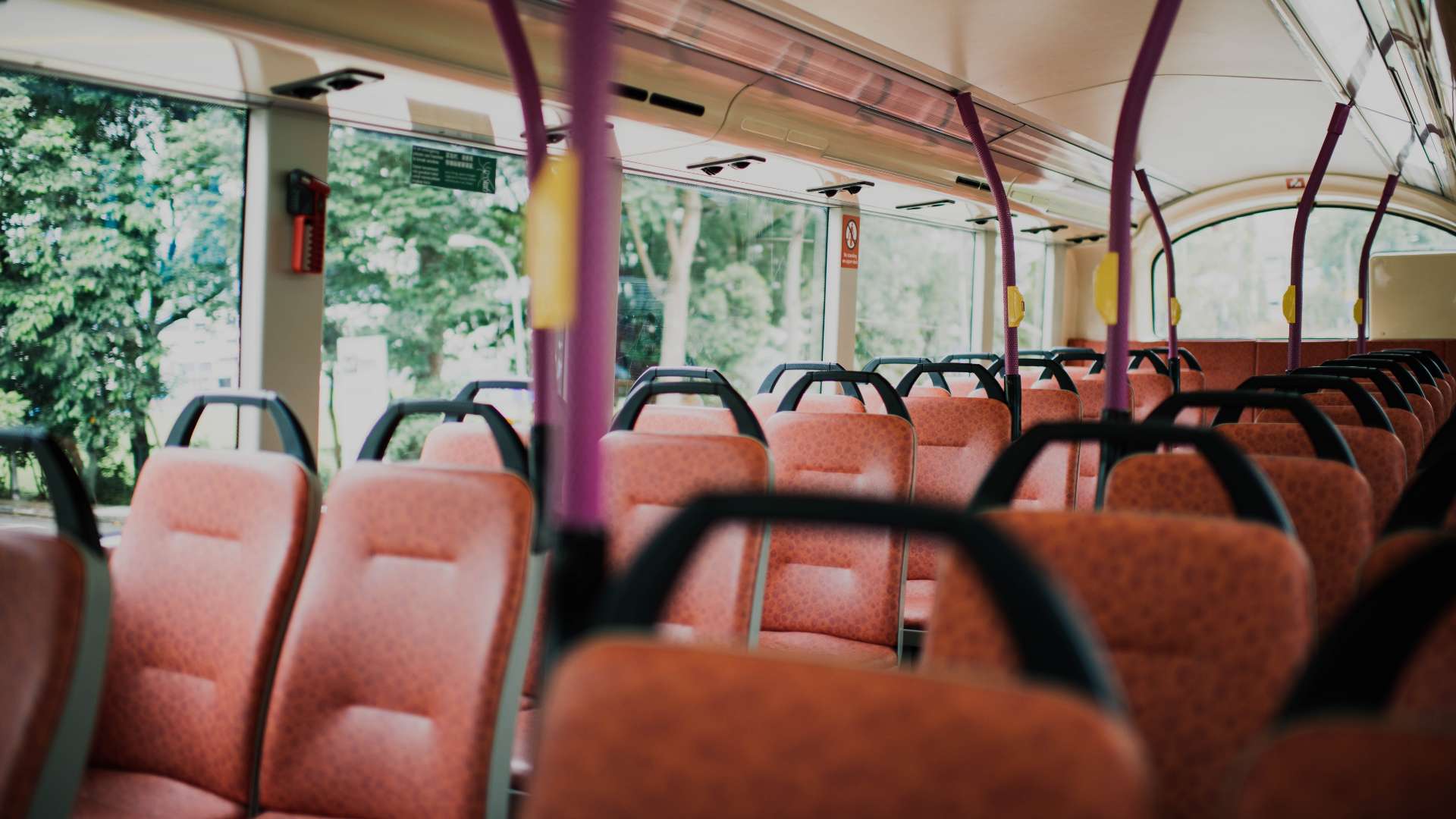
South Africa has a new transport minister. Sindiswe Chikunga was appointed to the position by President Cyril Ramaphosa on April 12, 2023, replacing Fikile Mbalula, who resigned amid mounting pressure over the country’s public transport crisis.
Chikunga, a member of the African National Congress (ANC), brings a wealth of experience to the position. She served as deputy minister of transport from 2012 to 2017, during which time she was responsible for overseeing the country’s public transport system, including the National Land Transport Act.
Chikunga, who hails from the Eastern Cape province, is a qualified teacher and holds a degree in education from the University of South Africa. She also holds a postgraduate diploma in management from the University of Cape Town and a certificate in gender studies from the University of the Western Cape.
In a statement, President Ramaphosa praised Chikunga for her “wealth of experience and expertise in the transport sector.” He added that he was confident that she would “bring fresh ideas and new perspectives to the job.”
The appointment of Chikunga comes at a critical time for South Africa’s transport sector. The country’s public transport system has long been a source of frustration for many South Africans, with overcrowded trains and buses, frequent breakdowns, and a lack of investment in infrastructure.
In recent years, the situation has only gotten worse, with commuters facing long delays and disruptions due to strikes and protests by transport workers. The COVID-19 pandemic has also had a major impact on the transport sector, with many commuters switching to private transport to avoid the risk of infection.
Chikunga will need to hit the ground running to address these challenges. In her previous role as deputy minister of transport, she was credited with playing a key role in the development of the National Land Transport Act, which aimed to improve the efficiency and safety of the country’s public transport system.
However, the implementation of the act has been slow, and many of its provisions have yet to be fully realized. Chikunga will need to work closely with other stakeholders in the transport sector, including transport workers, transport companies, and commuters, to ensure that the act is fully implemented and that the country’s transport system is brought up to the standards that South Africans deserve.
One of the major challenges that Chikunga will face is the issue of funding. The transport sector has long been underfunded, and the government will need to find ways to increase investment in infrastructure and improve the quality of public transport services without burdening taxpayers.
Chikunga will also need to address the issue of safety in the transport sector. South Africa has one of the highest road accident rates in the world, and the safety of commuters is a major concern. Chikunga will need to work closely with law enforcement agencies to ensure that the rules of the road are enforced and that transport companies are held accountable for any safety breaches.
In conclusion, the appointment of Sindiswe Chikunga as South Africa’s new transport minister is a welcome development. Chikunga brings a wealth of experience and expertise to the position, and her appointment comes at a critical time for the country’s transport sector. She will need to work closely with other stakeholders in the sector to address the challenges facing the industry, including underfunding, infrastructure deficits, and safety concerns. It will not be an easy job, but Chikunga’s track record suggests that she is up to the task.


